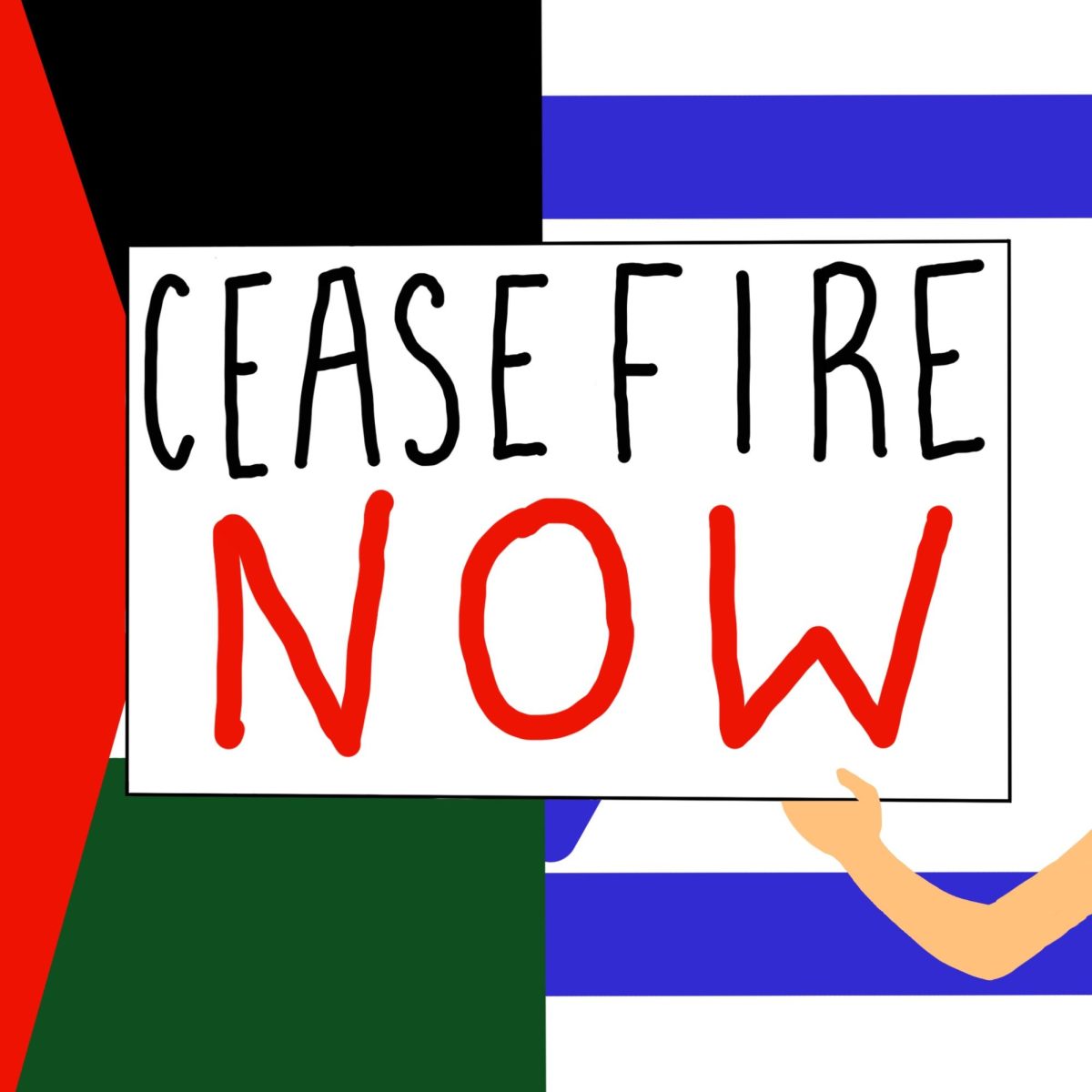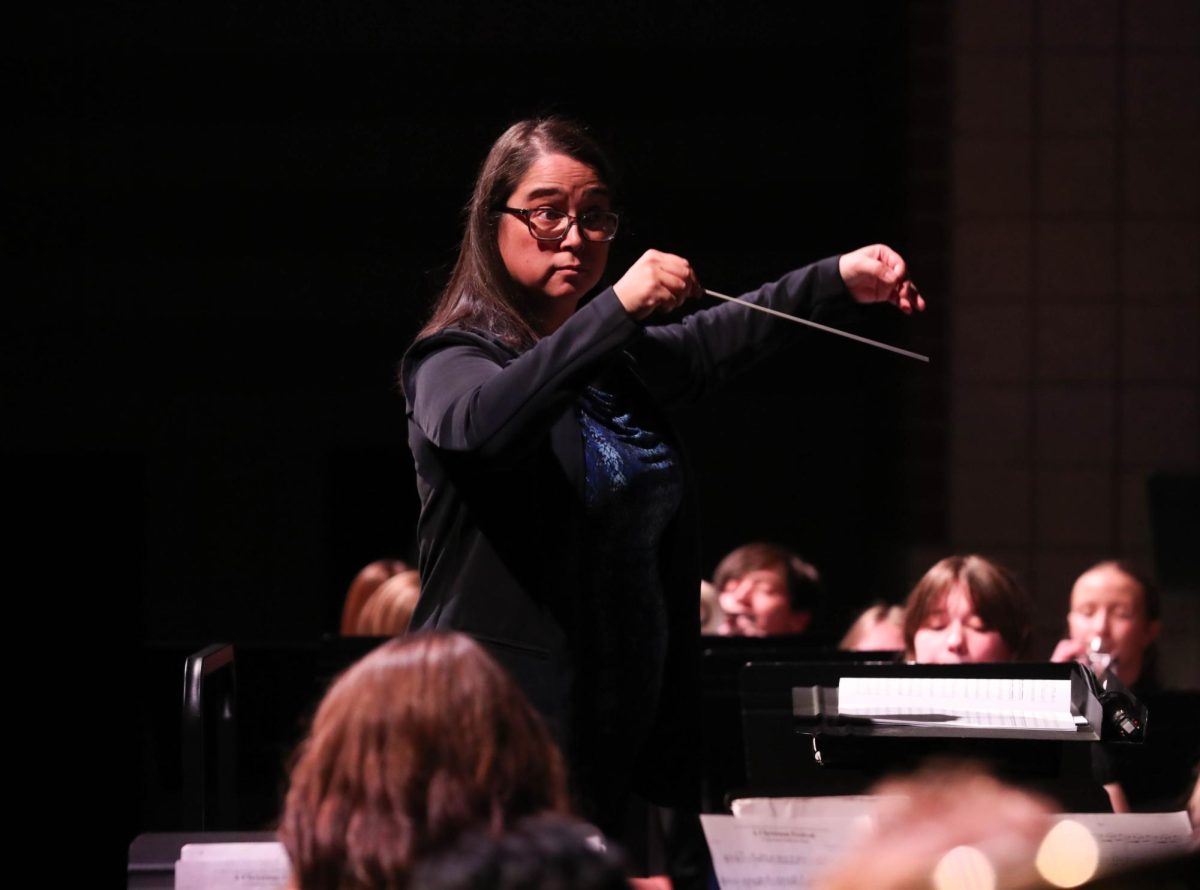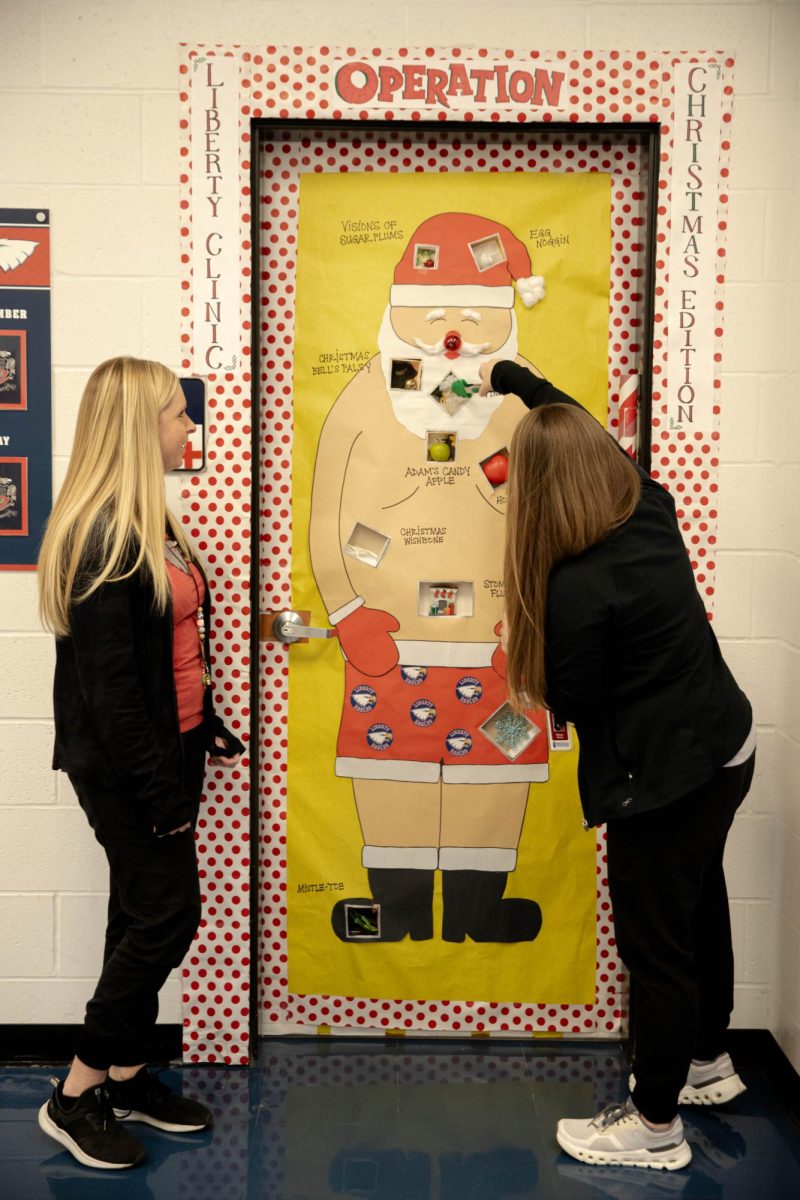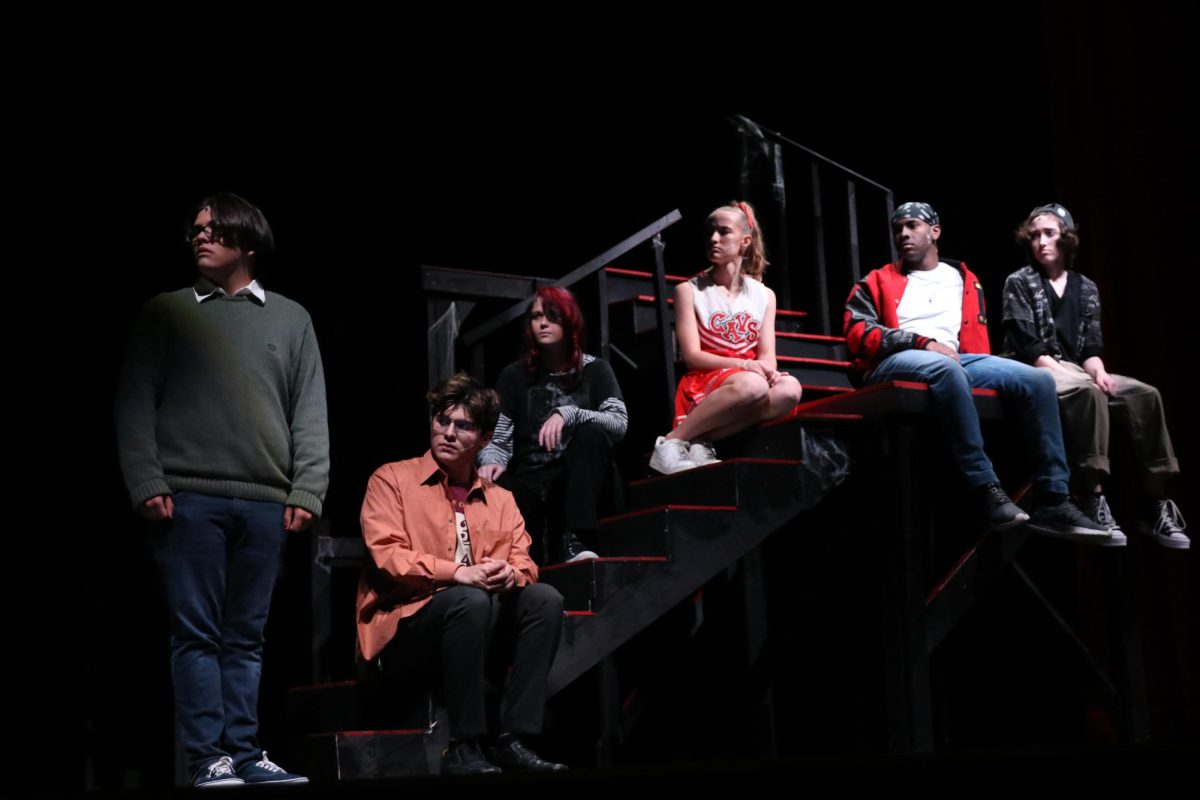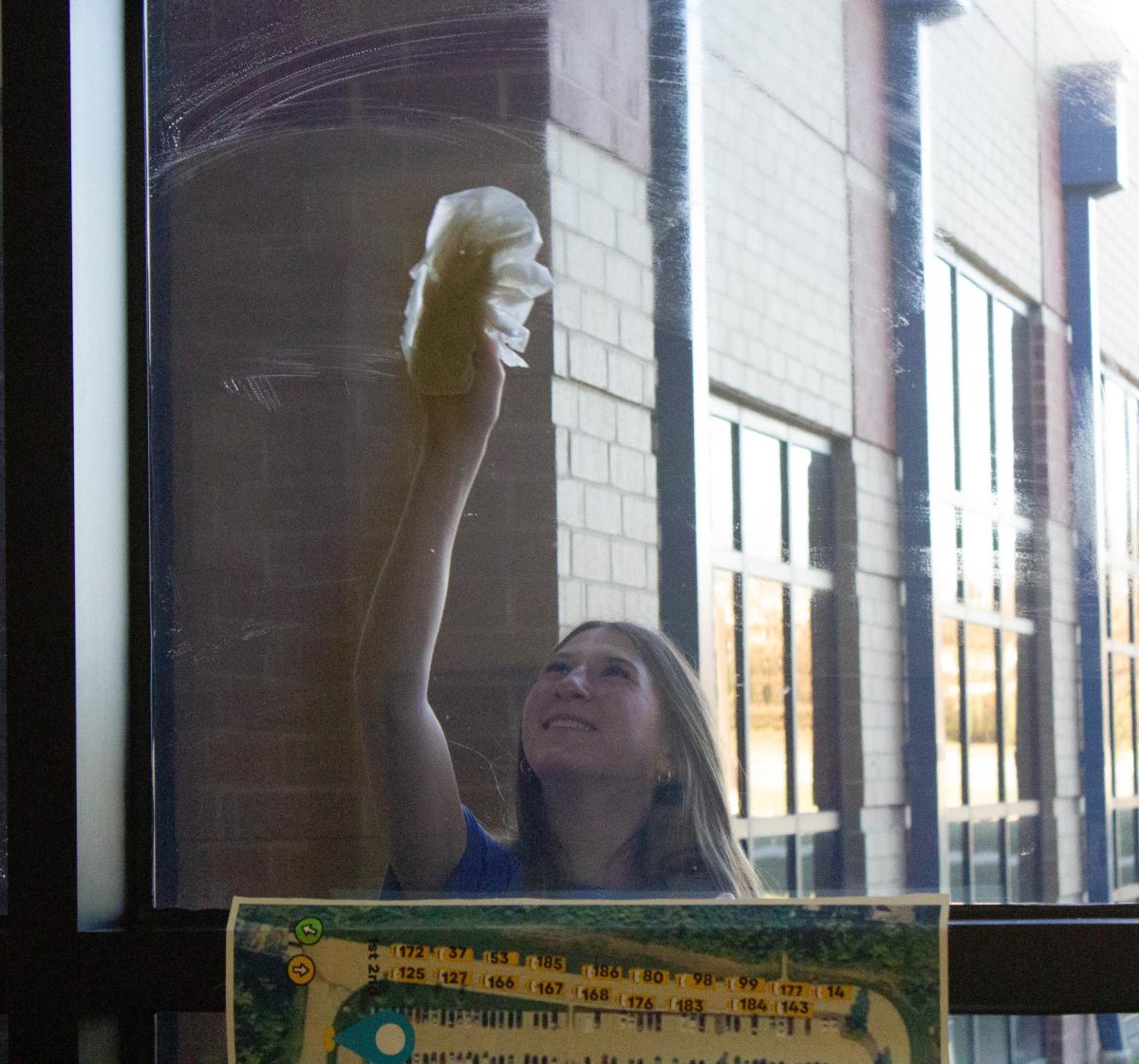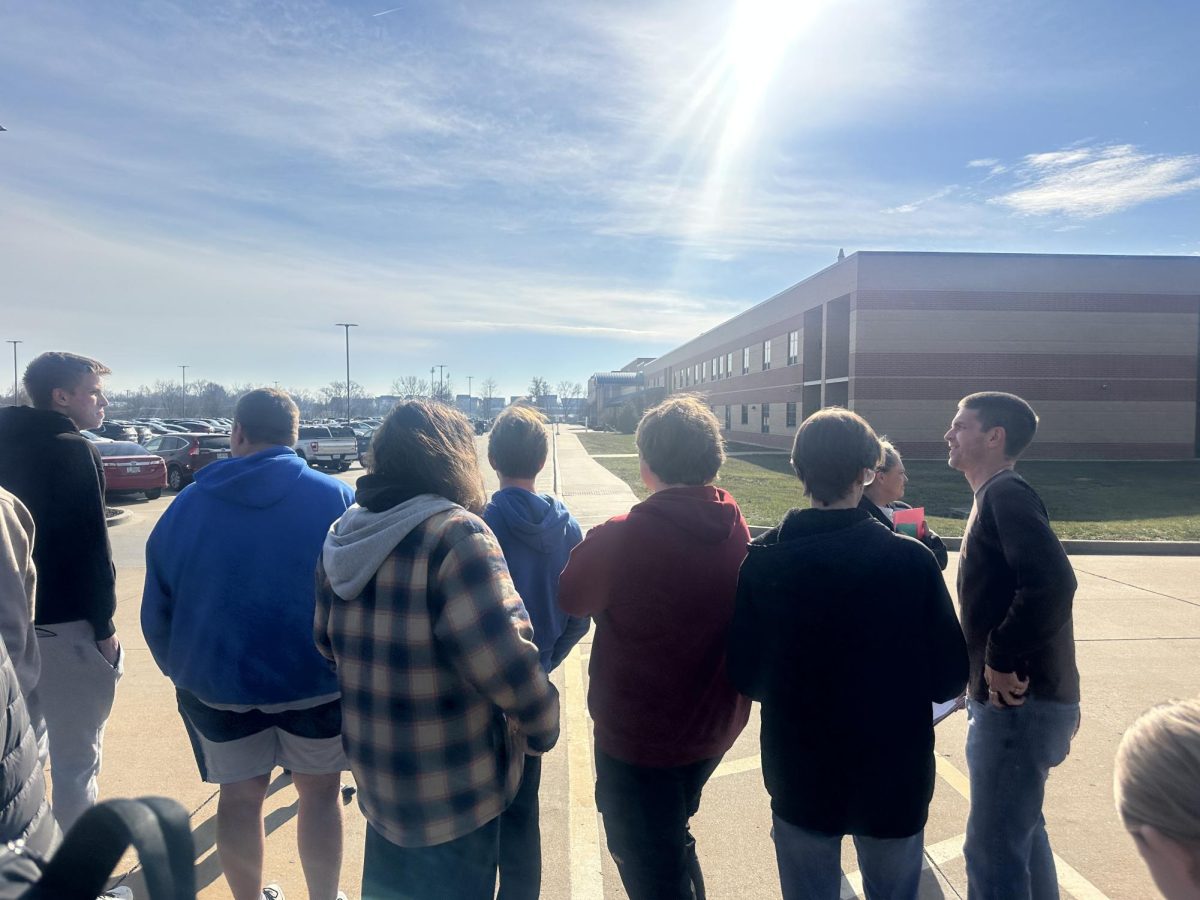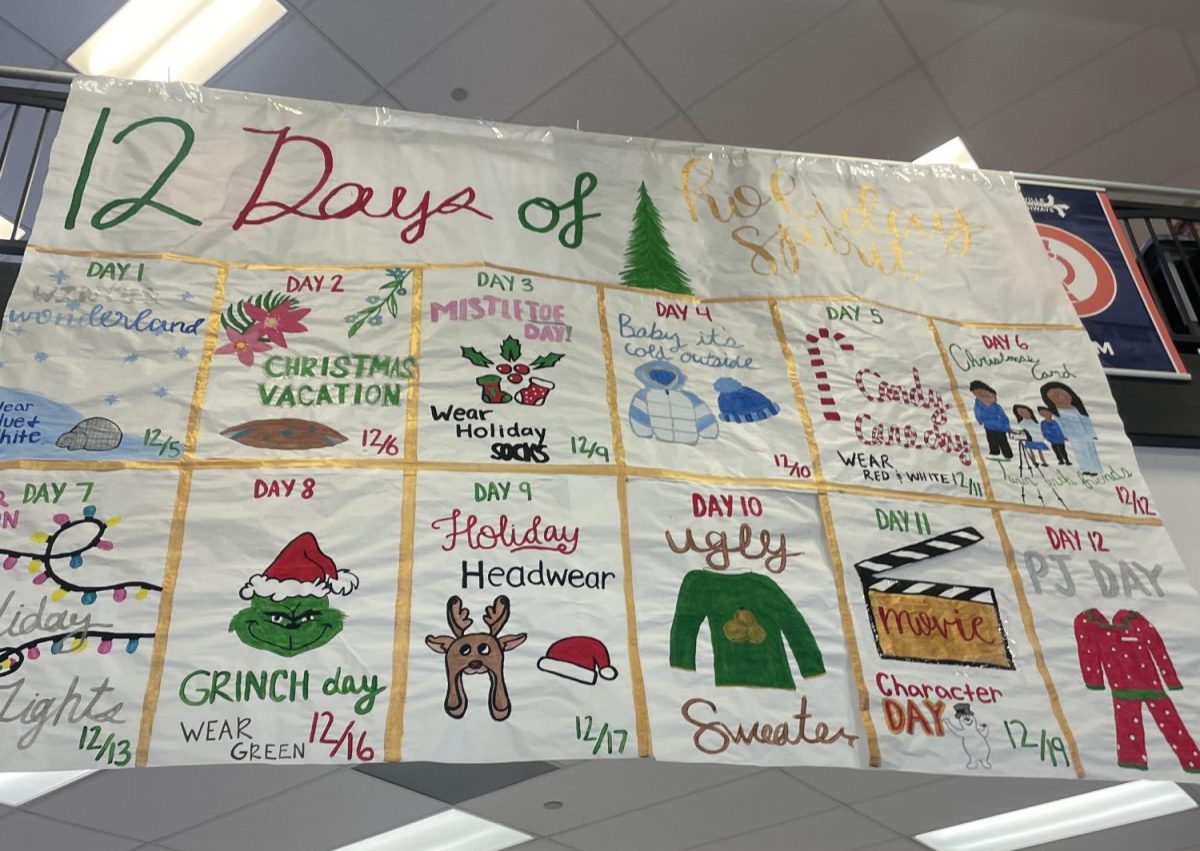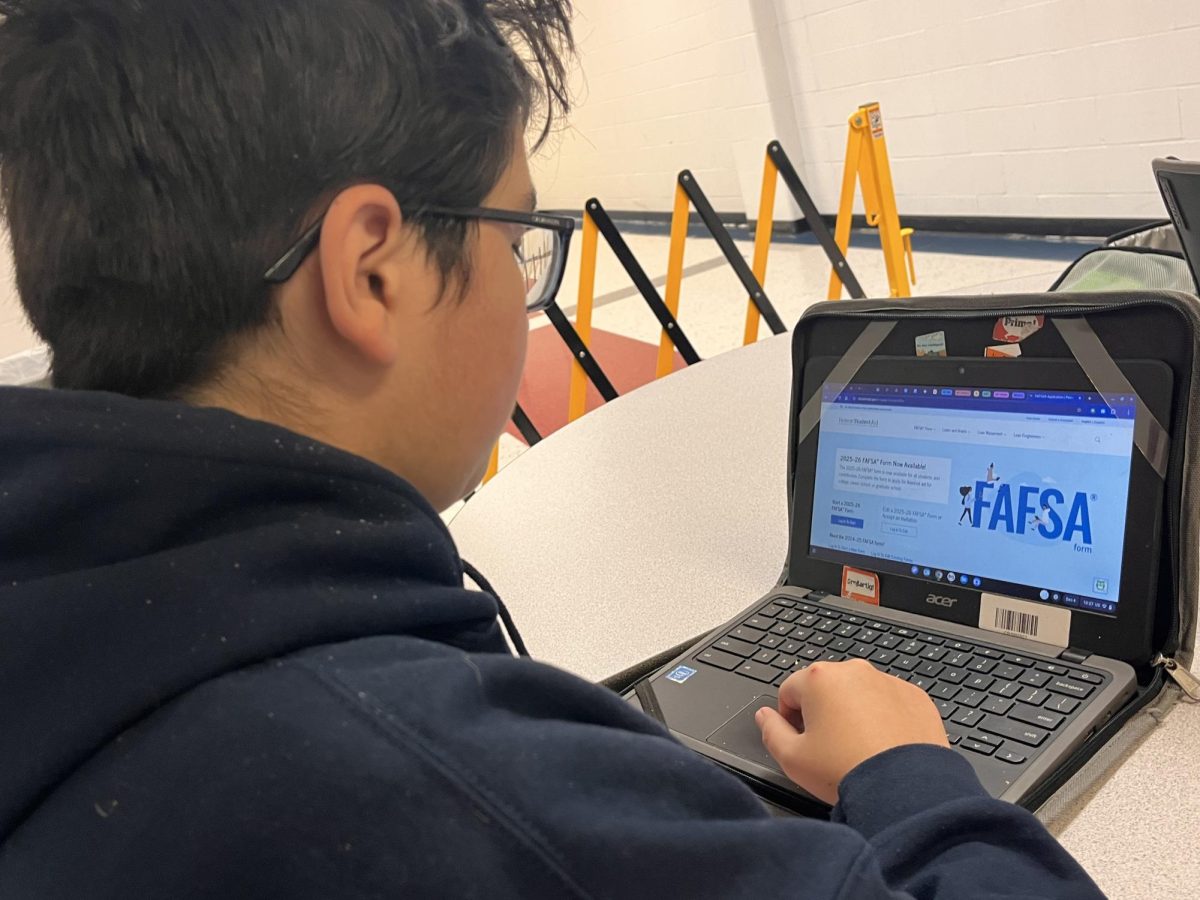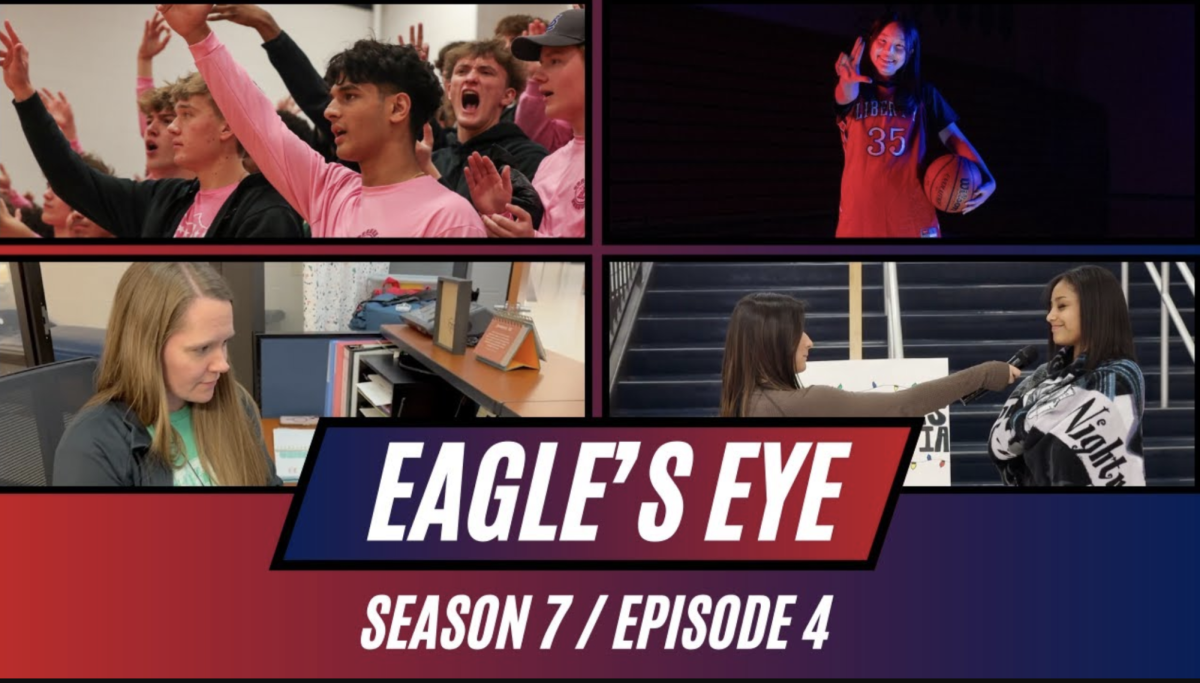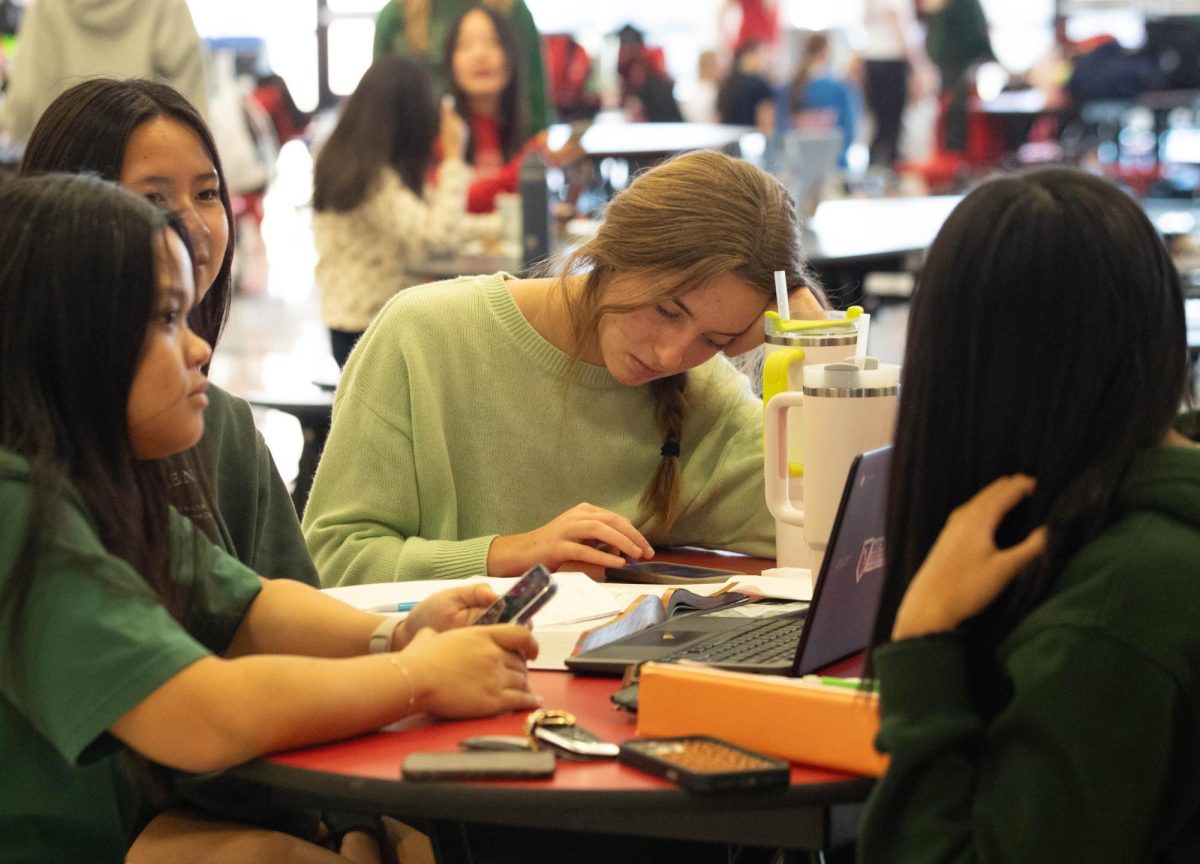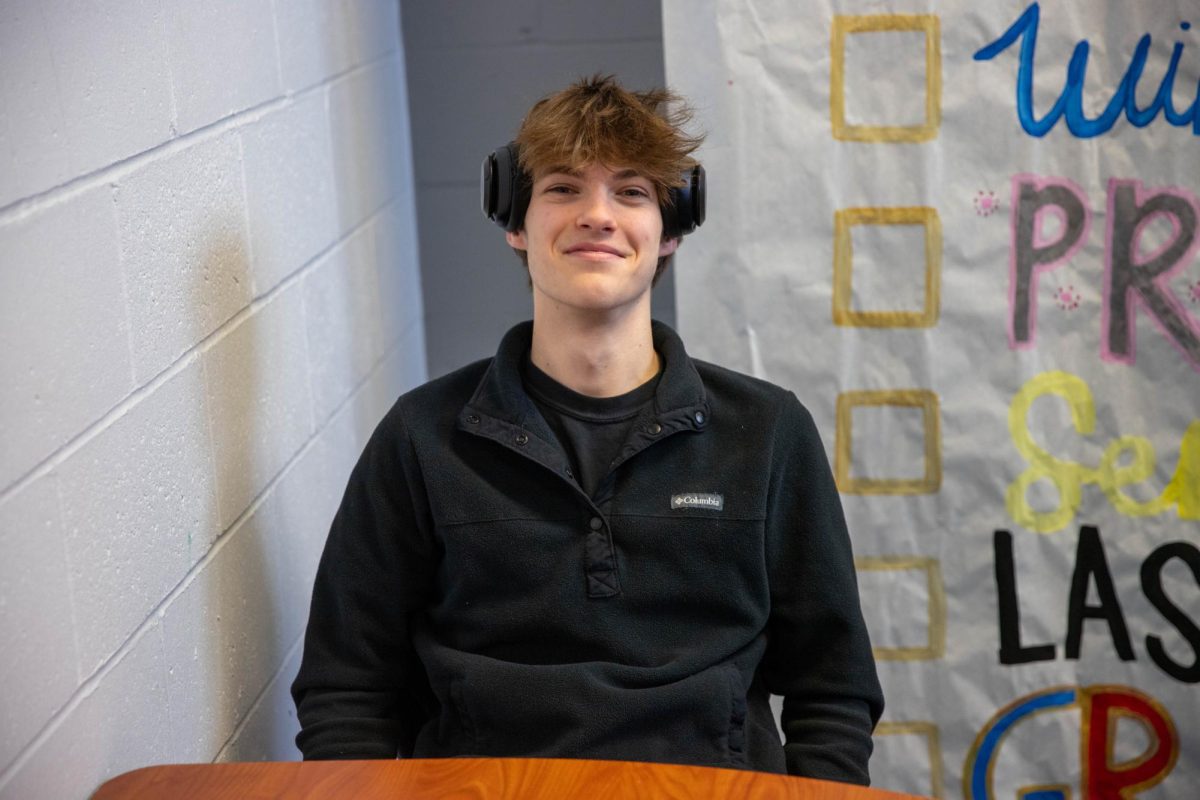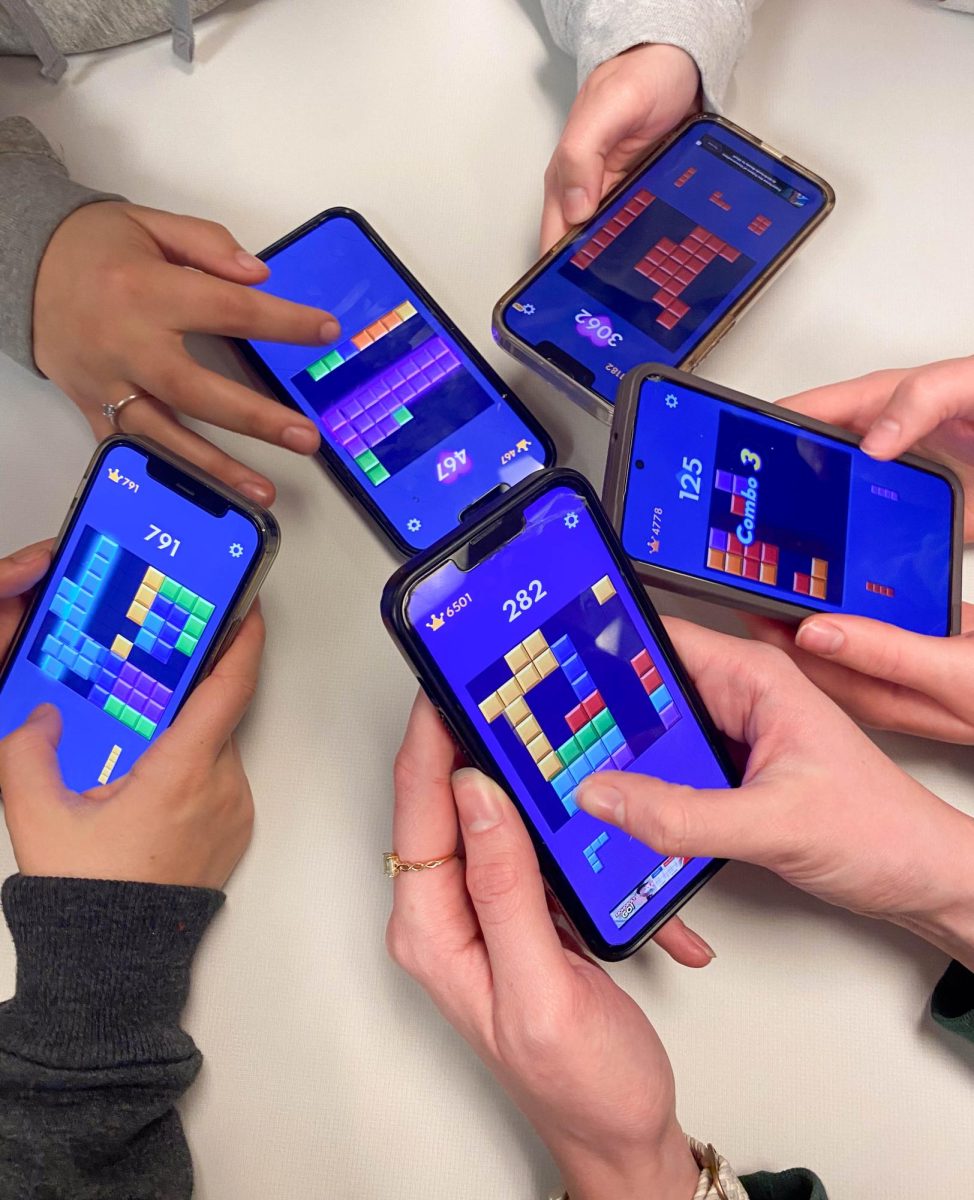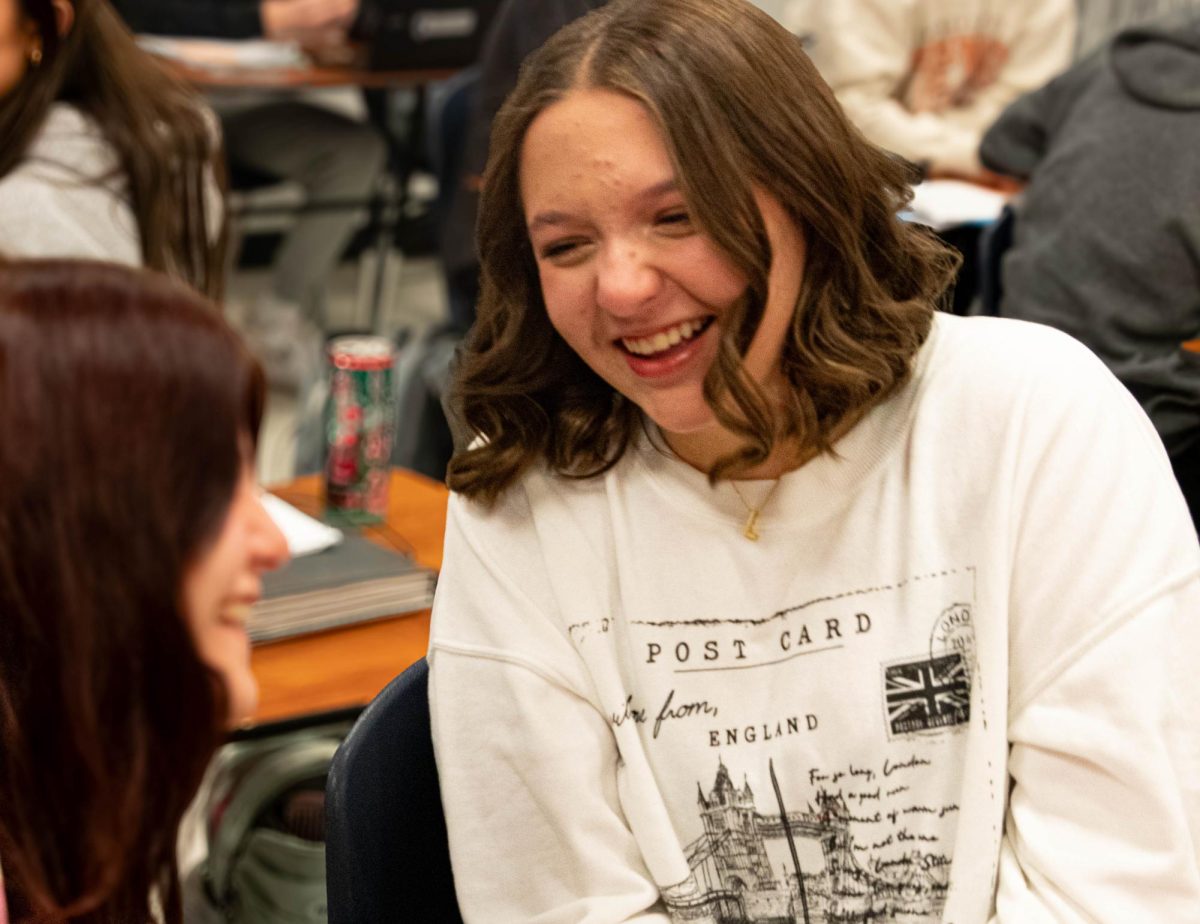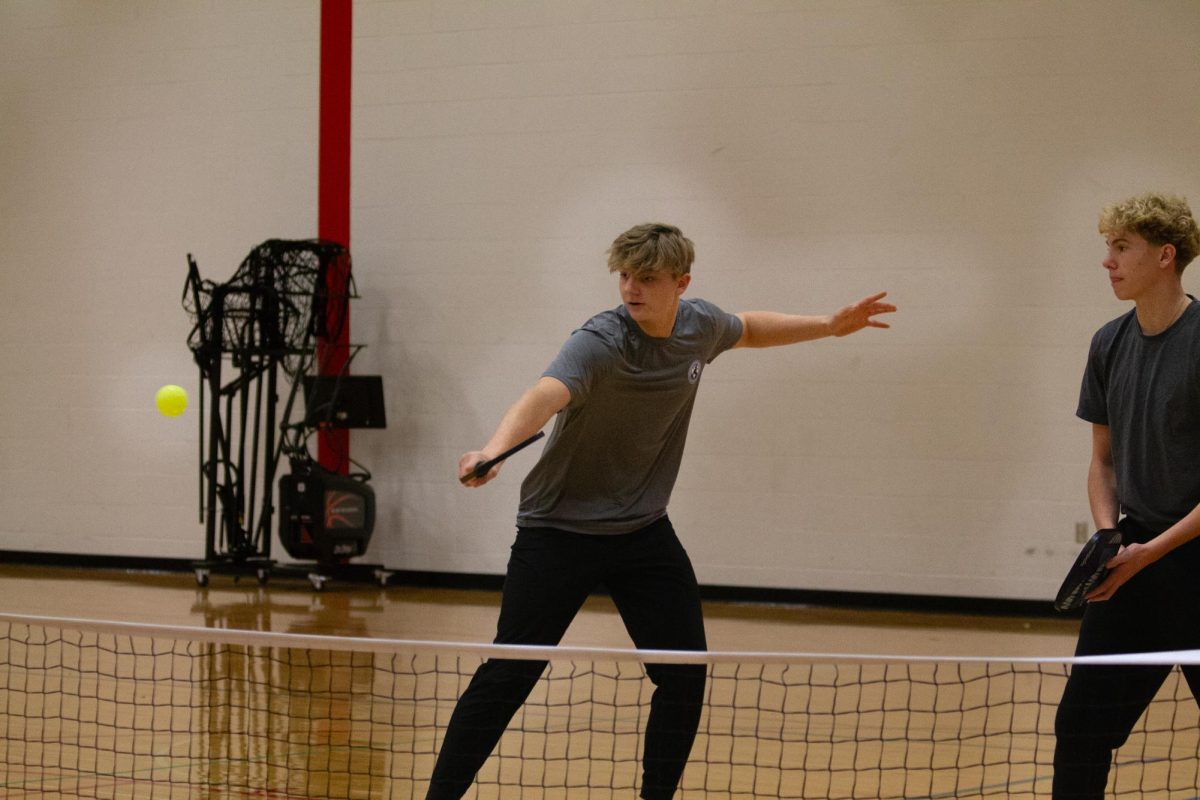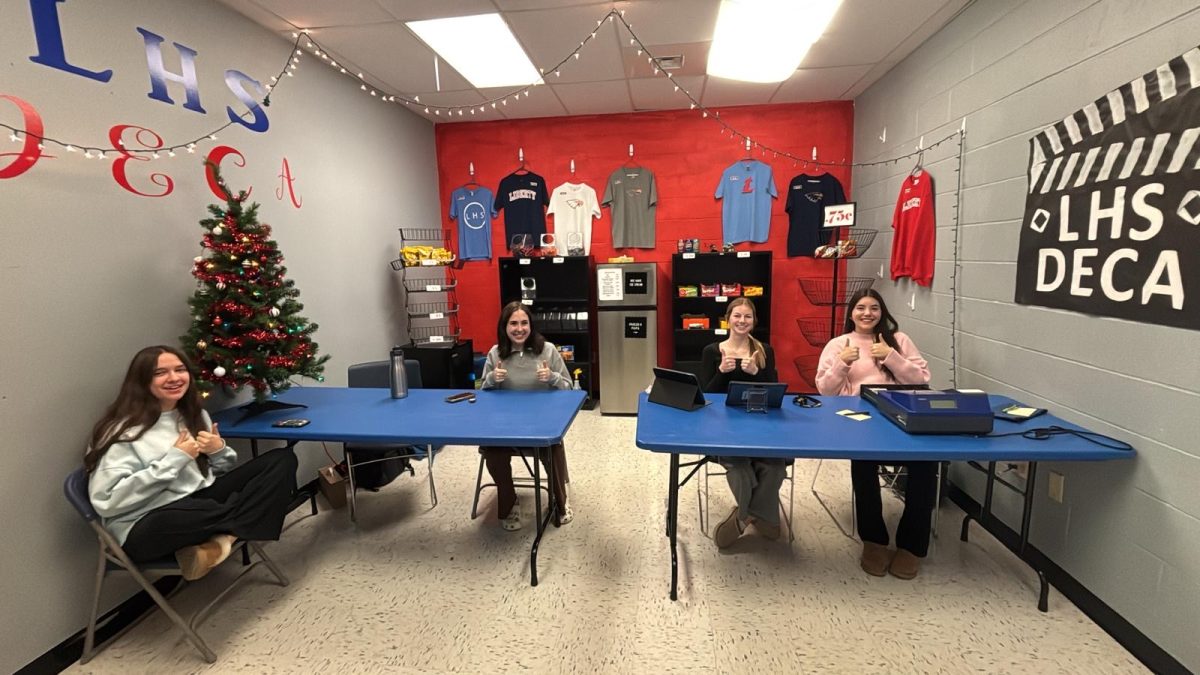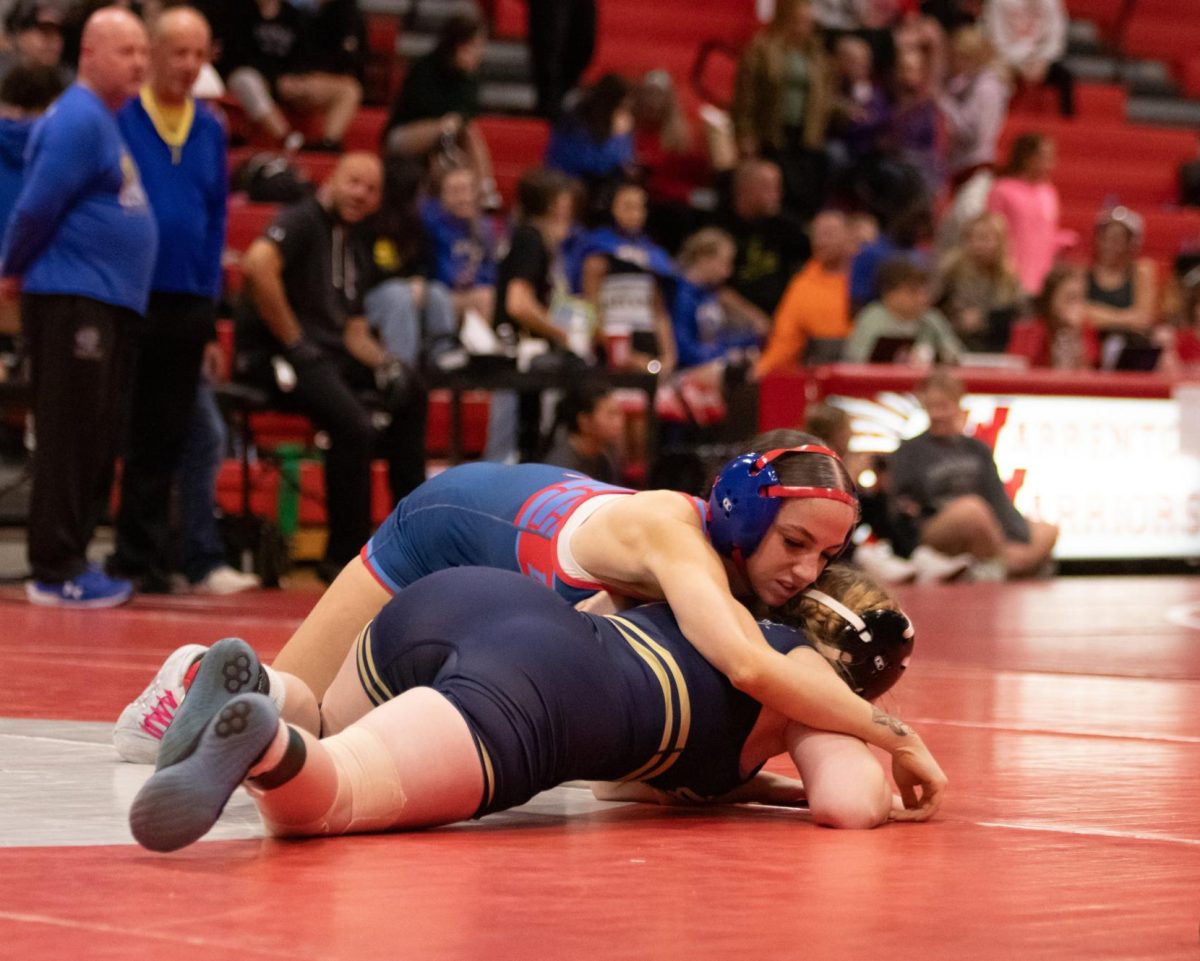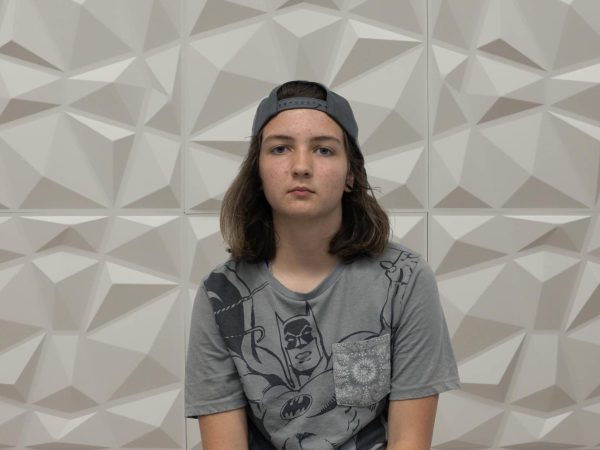Over the past month, numerous protests have been taking place on college campuses across the country in response to the ongoing war in Gaza between Palestinians and Israel.
Early in the morning of May 1, police arrived on campus at UCLA, after a violent encounter broke out between rival groups. A video from CNN and KABC shows physical violence, people throwing fireworks, people carrying Israeli flags, trying to tear down the pro-Palestinian camp, assaulting students.
But it isn’t just at UCLA where these protests are found. Other schools including in New York City like Columbia have similar protests, where students are getting arrested, and citizens as well for trespassing on college campuses. At Columbia University on April 30, protesters took over a building named Hamilton Hall, storing many things to be able to stay and live there. Police were called and over 100 of them were arrested. On Saturday May 4, the University of Michigan’s graduation was held up, with few interruptions, staff and security officers said they were ready to respond and that interfering with commencement would not be considered free speech.
For some of the backstory to how these protests came about, on Oct. 7, 2023, the current Israel-Hamas war started. The Palestinian militant group Hamas launched an unprecedented assault on Israel, killing thousands of people. Israel’s retaliatory assault on Gaza has killed more than 34,000 people, according to its health ministry.
In early April 2024, antiwar protests on campuses which called on colleges or universities to divest their endowments from companies profiting from the Israel-Hamas war, another reason to protest is wanting schools to depart from companies that do business with Israel, which started violent clashes between rival groups pro-Palestine and pro-Israel. Angry students who go to UCLA were going on social media showing the protestors and describing them as violent and stating that they feel unsafe on the campus.
Students like Eli Tsivis was carrying pepper spray with him Tuesday while walking on campus. He said some of his classmates don’t feel safe at school with the current camp-in demonstration taking place.
There’s many protests not just in colleges, but around the world where peaceful protests take a turn, and since April 18, more than 1,000 people have been arrested on university campuses, and some people are left asking when something crosses the line of freedom of speech and pure violence and hate.
In the past, activists like MLK and Nelson Mandela have made it clear that protests don’t have to be violent and can have such an impact by having a peaceful solution to something, because you’re taking a different approach to a situation in a world where a lot of issues are resolved in violence.
“Freedom of speech is a fundamental right, but it shouldn’t shield violence or threats,” LHS social studies teacher Steven D’Antonio said. “However, these powerful tools can be silenced and the message will be lost to the masses when drowned out by aggression. The key is finding ways to express strong emotions peacefully.”



